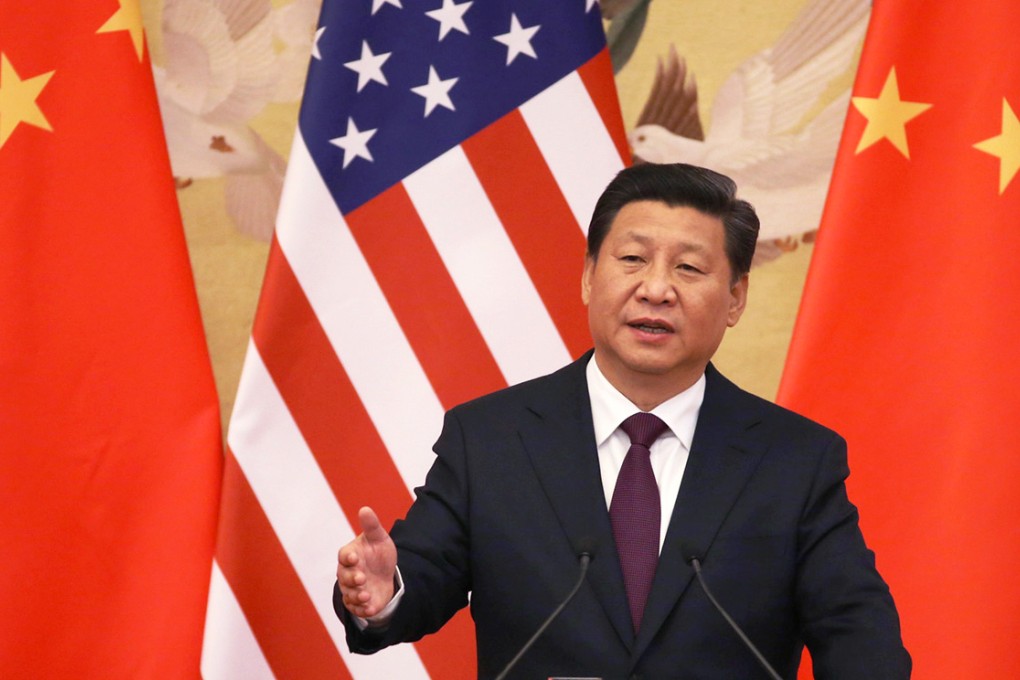Party mouthpiece compares Xi with Deng as the 'new architect of reform'
Comparison with Deng by party mouthpiece is a sign that Xi is seen as the most influential president since the late paramount leader

The Communist Party's mouthpiece has dubbed President Xi Jinping as the "new architect" of China's reform, a comparison with late paramount leader Deng Xiaoping, who was known as the nation's "chief architect".
In a commentary published through the mobile phone app of People's Daily, Xi was described as being "in position to answer the call" as the new architect of reform to "take a good path, a new path and make new achievements".
"His courage, accountability and hard-working spirit have made Xi's image as top architect of overall, deepening reform increasingly clear," the article said.
Observers said the article was the latest sign that Xi had consolidated his authority since becoming the party's general secretary in 2012, and the country's president last year.
"Although some people have frequently compared Xi with Deng and Mao Zedong , such a reference coming from People's Daily is significant and carries an impact," said Pu Xingzu, a professor of politics at Fudan University in Shanghai.
Xi chose Guangdong for his first inspection tour outside Beijing after being named top leader in December 2012 because of the province's history as the testing ground for reform and opening up more than three decades earlier. Deng visited the province in 1992, calling for deepening reforms.
In his tour, Xi paid tribute to Deng, and planted a wishing tree by the bronze statue of Deng at Lotus Hill in Shenzhen.